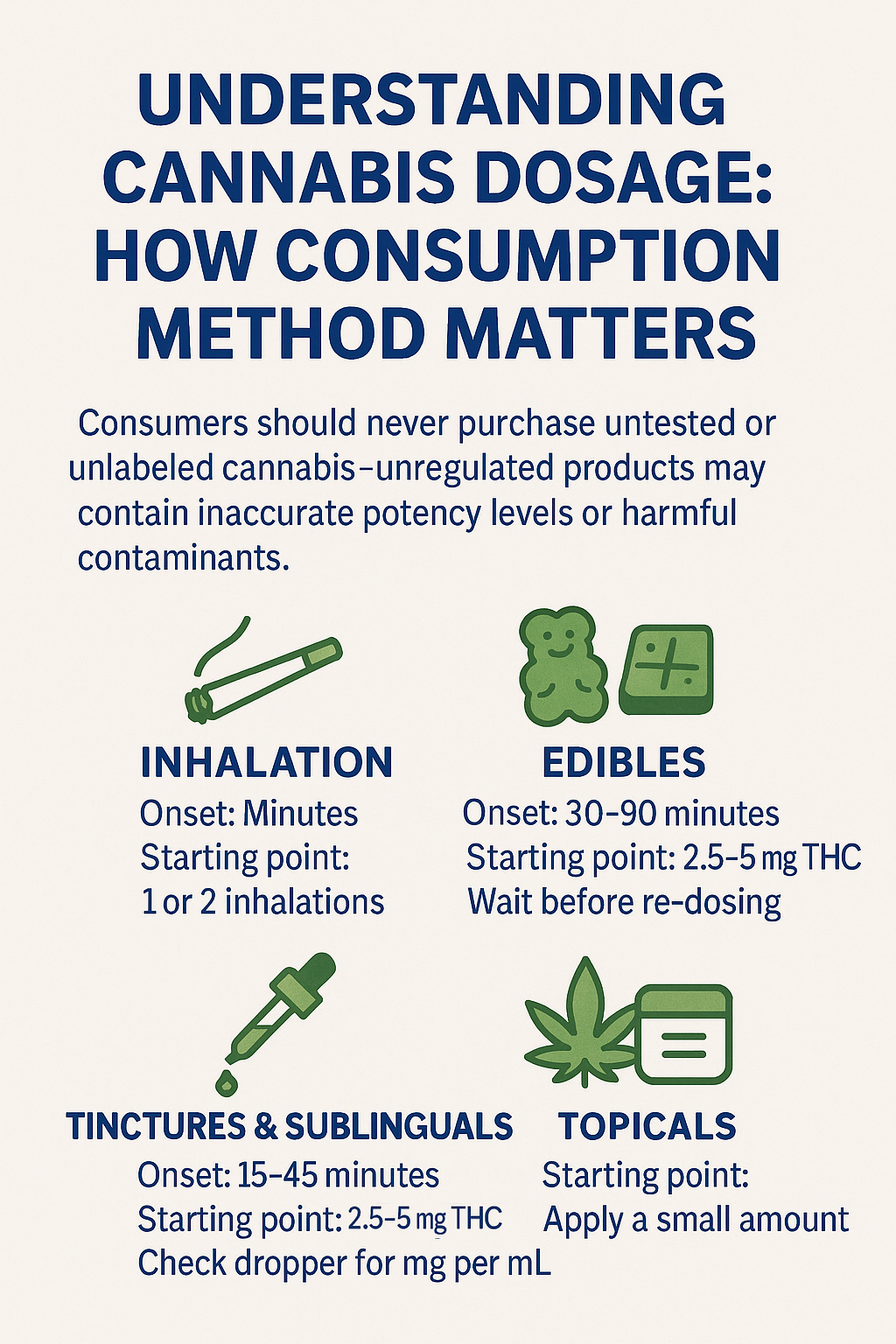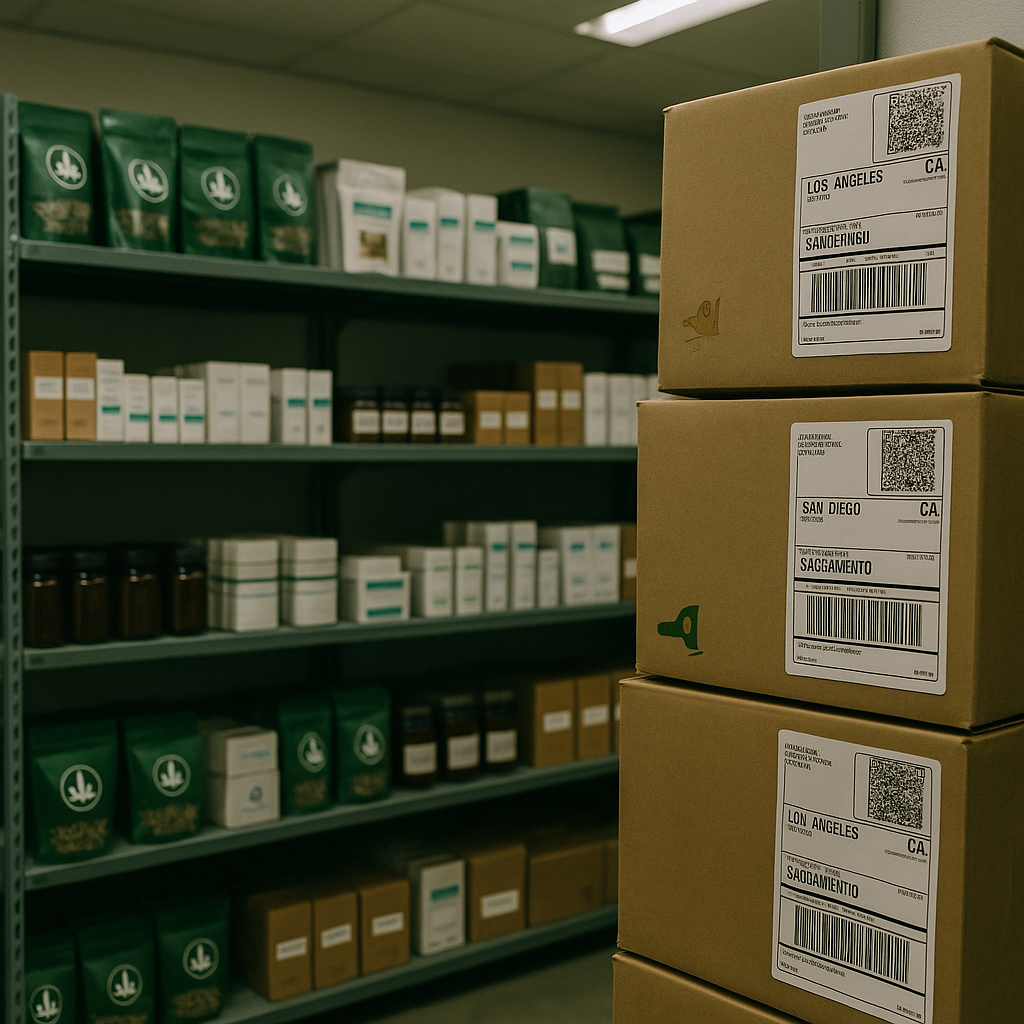Cannabis is the third most commonly used substance in the United States after alcohol and tobacco.
Contrary to popular belief, cannabis does have addictive properties. Research shows that a higher level of THC is likely to lead to higher rates of dependency and addiction. Over the years, with increased access and legalization, the amount of THC in marijuana has steadily climbed. That means that today's weed can be more likely to cause dependency.
Marijuana produced now has three times the concentration of THC compared to 25 years ago. The higher the THC amount, the stronger the effects on the brain, which increases the resulting symptoms. Studies suggest that these symptoms occur in younger users and users who start at a young age. According to the Substance Abuse and Mental Health Services Administration, 1 in 6 children who start using cannabis before the age of 18 can become addicted as well as 1 in 10 adults.
So, how do you know when you or a loved one is using too much?
It is suggested that 3 in 10 people who use marijuana may have some form of what is called "marijuana use disorder" where they are unable to stop using marijuana even though it is causing health and social problems in their lives.
People who begin using marijuana before age 18 are four to seven times more likely than adults to develop a marijuana use disorder.
When people begin using weed as teenagers, it may impair their thinking, memory, and learning functions and affect how the brain builds connections between the areas necessary for these processes. Researchers are still studying how long marijuana's effects last and whether some changes may be permanent. There are some studies that show heavy marijuana use beginning in a person's teens and later can result in a loss of an average of 8 IQ points. Furthermore, they found the lost abilities didn't fully return in those that quit using marijuana as adults. Adults who started using weed later in life didn't show IQ loss.
Adults can become addicted as well. Cannabis users who partake often (daily/near-daily) are at a greater risk of developing marijuana use disorder because the concentration of THC in their system is continually increasing with daily use.
Those with marijuana use disorder can have a greater risk for problems with attention, learning, and memory.
Signs that someone you love might have marijuana use disorder :
- Using marijuana more than intended
- Trying but failing to quit
- Craving cannabis
- Using marijuana even when it causes problems at home, school, or work
- Giving up important activities with friends and family in favor of cannabis
- Using weed in high-risk situations like driving
- Having the need to use more to get the same high
- Continuing use despite social or relationship problems
- Continuing use despite physical or psychological problems
- Experiencing symptoms after stopping use
Effects of marijuana from long-term use may include:
- Memory issues
- Anxiety
- Depression
- Lower dopamine production
- Lung damage
- Persistent cough
- Greater risk for heart attacks, diseases, and strokes
If you suspect you or your loved one is struggling, visit the National Institute on Drug Abuse to learn more about addiction and treatments for marijuana use disorder.
Can there be too much of a good thing?
It is possible that those with marijuana use disorder (first-time users) can consume too much. The signs of using too much are similar to the typical symptoms of marijuana use but more severe. Things like extreme confusion, paranoia, delusions and hallucinations, increased blood pressure, fast heart rate, and severe nausea or vomiting may be symptoms of someone who has used too much weed.
It is very possible to overconsume weed with infused products like edibles and beverages, especially because these kinds of products can produce delayed effects up to two hours later.
Beware of purchasing products in states where weed is not regulated, as they may be laced with other substances either known or unknown to the consumer. Always remember that using marijuana in combination with other substances can result in greater impairment than when using marijuana alone and may increase the risk of overdose.
Learn more about marijuana and the potential risk of poisoning here. If you or someone you know is showing signs that might suggest they have used too much marijuana, call the Poison Control Center at 1-800-222-1222. In case of emergency, call 911.

NYS Cannabis Connect Staff
All of the recent cannabis news and resources, all in one place.




Related News
Understanding Cannabis Dosage: How Consumption Method Matters
Oct 31, 2025
How to Read a New York Cannabis Label: What Every Consumer Should Know
Oct 20, 2025
Sprayed Terps: The New Threat to Authentic Cannabis in New York
Apr 30, 2025